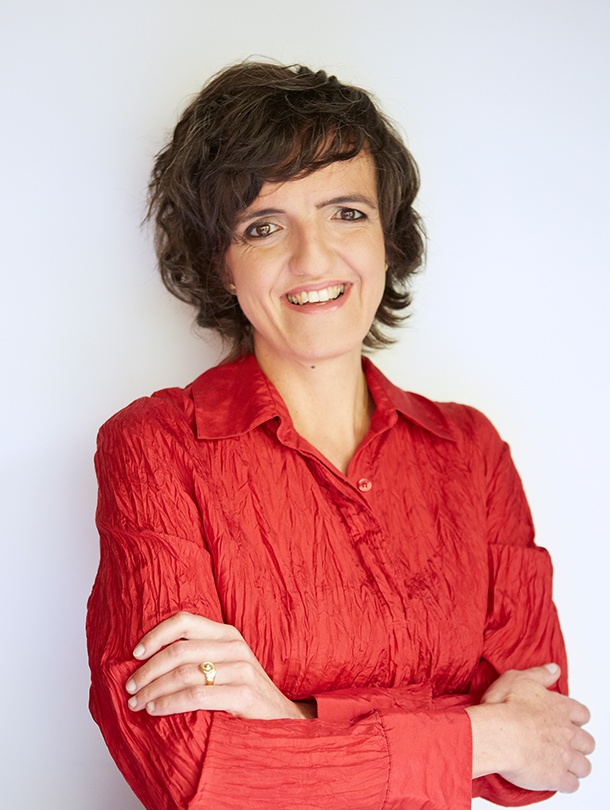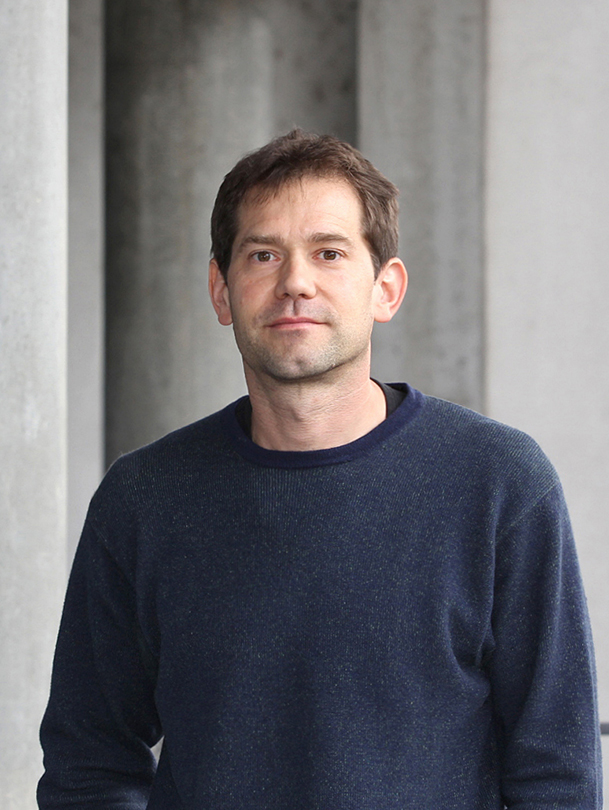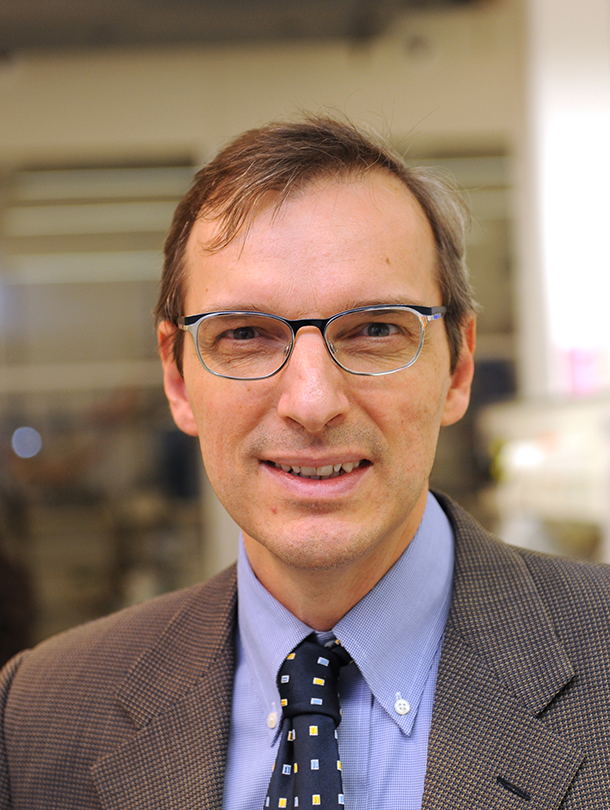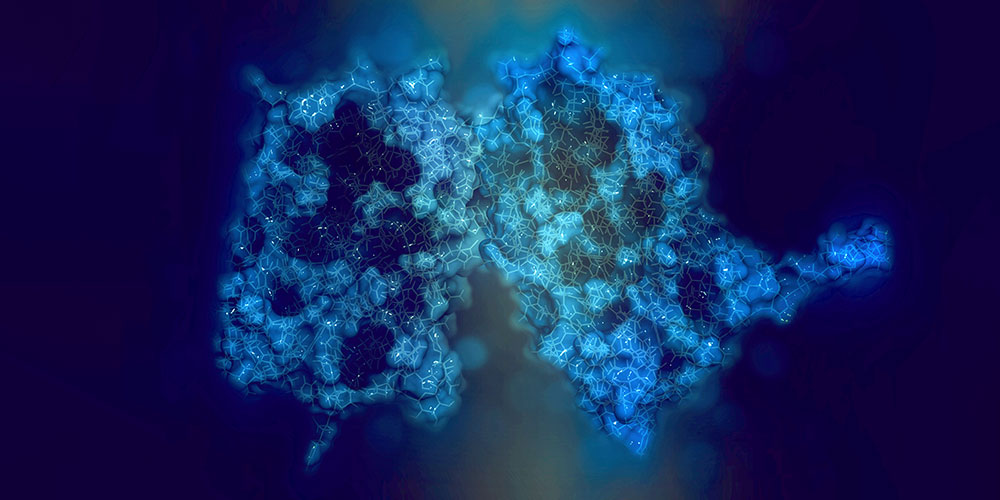European Funding for Four Investigators From the University of Basel
Four researchers of the University of Basel have been awarded the prestigious ERC Advanced Grants by the European Research Council (ERC). The neurobiologists Prof. Silvia Arber and Prof. Peter Scheiffele as well as chemist Prof. Thomas R. Ward and geneticist Prof. Rolf Zeller each receive 2.5 Million Euros of funding.
25 April 2016
The ERC Advanced Grants rank among the most renowned funding contributions in Europe: In this competition the ERC received 1,953 grant applications – 277 were successful. This year, 20 scientists in Switzerland have been awarded a grant, four of which are going to the University of Basel. With its sought after funding contributions, the ERC promotes already well established top researchers of any nationality and supports them in the implementation of innovative and high-risk research projects. Each research projects generally receives up to 2.5 million Euros over a funding period of five years.
Understanding movement patterns
The ERC supports Prof. Silvia Arber’s project “Control of Action Diversification by Descending Motor Circuits”. The neurobiologist investigates organization and function of neuronal circuits controlling motor behavior at the Biozentrum of the University of Basel as well as at the Friedrich Miescher Institute for Biomedical Research (FMI).
Her research focuses on the interplay between, brain, spinal cord and muscles to be able to assign particular movement patterns to specific neuronal circuits. A thorough understanding of these interactions is essential for the treatment of motor disorders. Silvia Arber is one of the few who have received an ERC Advanced Grant for the second time.
Synapses: neuronal connections
Prof. Peter Scheiffele receives the research grant for his project “SPLICECODE: Alternative Splicing Codes for Synaptic Specificity”. As a professor of cell and developmental biology at the Biozentrum of the University of Basel he explores the mechanisms of formation of neuronal networks in the central nervous system, in particular the development of neuronal connections called synapses.
Scheiffele discovered that certain neuronal adhesion molecules play an important role in synapse formation. His work on neuronal connections contributes to the fundamental understanding of neurodevelopmental disorders, such as autism and schizophrenia, and led to the identification of innovative strategies for treatment.
Artificial enzymes as catalysts
Prof. Thomas R. Ward from the Department of Chemistry receives funding for his projects called “DREAM: Directed Evolution of Artificial Metalloenzymes for In Vivo Applications”. Thomas Ward and his team were able to generate the first artificial metalloenzymes (AMs) with high reactivity. This hybrid between a protein and a metal ion can be used as a catalyst in chemical synthesis.
The project “DREAM” will now examine whether artificial metalloenzymes can become as catalytically efficient as their naturally-evolved models. The goal is to evolve the artificial catalyst in vivo (in a living organism) and to test its performance. The researchers will use the bacteria Escherichia coli as the test organism. The main deliverable is an engineered and evolvable E. coli strain capable of performing in vivo reaction cascades combining AMs and natural enzymes.
Organogenesis: how organs develop
The funded project of Prof. Rolf Zeller from the Department of Biomedicine is called: “INTEGRAL: Signal Integration by Gene Regulatory Landscapes” and studies the molecular mechanisms of gene regulation. The geneticist and his team are conducting basic research in order to gain a better understanding of the systems that govern the development of organs in embryos. To do so, the research team is systematically analyzing how signaling pathways and so-called gene switches interact to control gene expression of vertebrate limb development.
In the past, Rolf Zeller has intensively studied the evolutionary adaption of limbs and their molecular history. He was able to identify the gene switch that plays a central part in the evolutionary adaption of limbs in ungulates such as cattle and pigs.
Four ERC Advanced Grants awarded to FMI group leaders
In addition to Prof. Silvia Arber, three further group leaders of the FMI, an associated institute of the University of Basel, successfully applied for an ERC Advanced Grant.
Mohamed Bentires-Alj receives funding for a project that seeks to elucidate the integrated effects of signaling pathways and epigenetics on breast cell fate and tumor heterogeneity, and to leverage this mechanistic understanding into therapy.
The neurobiologist Prof. Pico Caroni, honorary professor at the University of Basel, is being funded for a project that will investigate how memories are defined, stored and even shape later on.
An ERC Adavanced Grant was also awarded to Prof. Antoine Peters, honorary professor for epigenetics at the University of Basel. The ERC is funding his research project that will elucidate how the structure of chromatin and transcription factors interact in order to regulate cell identity of germ cells and embryonic cells.





